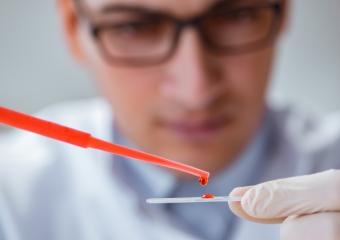Case report – JS drug driving
JS was referred to us by a criminal defence barrister who wanted his friend properly looked after during his court case. Fun fact: a lot of our work comes in from referrals by other solicitors and barristers who have friends or family they want represented properly!
JS had been charged with drug driving and was keen to avoid a driving ban as he is a successful, chart topping, musician who travels all over the world performing and likes to be able to drive himself to and from events as well as just get about without being hassled.
Police officers on mobile patrol saw JS’s car being driven at speed on the motorway late one night. JS was pulled over and tested for alcohol and drugs. The alcohol test was negative; however, the drugs wipe showed evidence of cocaine use. At the police station, blood was taken from JS. When tested that showed 258µg of Benzoylecgonine per 100ml of blood.
Benzoylecgonine (often called BZE) is formed in the body as cocaine breaks down. It does not impair driving itself but is banned because the government wished to crack down on drug use. JS had no trace of cocaine itself in his blood, nor was any found on him or in his vehicle.
We advised JS at court and guided him through the court process. Having heard his account of what happened, we advised him to plead not guilty. We noted an error in the police papers. They had charged him for driving with cocaine in his blood, not BZE.
In court, we did not raise the error in the charge. This was a tactical decision. While raising it immediately makes the defence lawyer sound clever because he knows the difference between BZE and cocaine, it also removes a potential defence: if the prosecution goes all the way through trial without noticing their error, then at the end a court cannot properly convict because there is no evidence of cocaine in JS’s blood!
We also raised errors in the police procedure and errors in the continuity evidence that proves the sample taking from JS is the sample tested by the laboratory. We demanded the prosecution serve video evidence showing how the blood test was conducted. We also required disclosure of a more detailed forensic report and the background work done by the laboratory.
The court fixed various dates by which both the prosecution and defence were to complete tasks that would allow the trial to go ahead. The prosecution were unable to complete their disclosure so we raised the issue with the court and highlighted that JS would be unable to receive a fair trial if the prosecution did not serve their case.
Having considered their position, the prosecution decided to discontinue their case against JS.
The court ordered that JS be reimbursed his legal costs.

